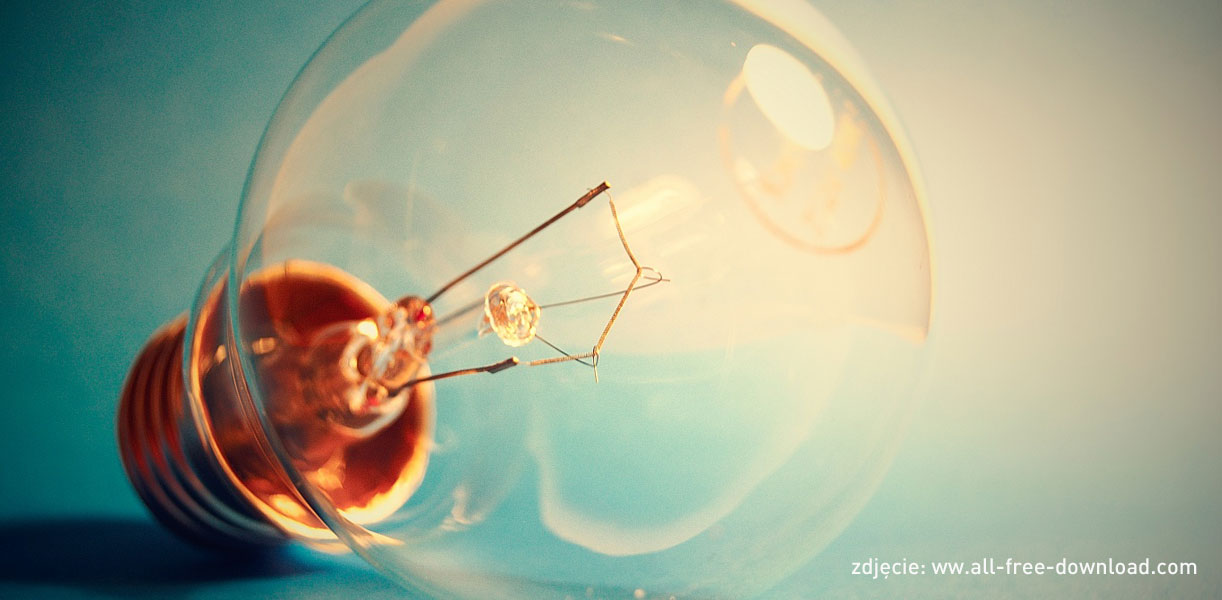The Ministry of Climate and Environment has prepared a draft amendment to the Energy Law and the RES Act, which provides for a change in the settlement rules for energy generated in prosumers’ micro-installations. The currently applicable discount system will only be available to those prosumers who will start up their installations before January 1, 2022, but due to the need to finalize the entire legislative process, this date may still change.
Until now, a prosumer could receive a 70-80% discount on bills for introducing the surplus of produced energy into the grid. The new system provides for the possibility of selling surplus energy at the price adopted in the act, i.e. the average price from the wholesale market in the previous quarter.
A new proposal was submitted to the Sejm, the basis of which is the adoption of a 1: 1 discount, but only for active energy, excluding distribution. This would be beneficial for distribution companies which (according to the authors of the new rules) increase losses in servicing prosumers. It is also intended to encourage over-large installations not to go into operation, as this may have negative effects on the network operators at the peak of production. In addition, it is proposed to abolish the obligation for prosumers to have a comprehensive agreement and extend the support period from 15 to 25 years.
The latest legislative proposals also provide for the introduction of new categories of prosumer: virtual and collective. According to the solutions proposed by the deputies, a prosumer could become a person who does not live in a single-family house and is unable to run a photovoltaic installation on his own roof.
The collective prosumer would be the final recipient who, for his own needs, produces electricity only from RES in a micro-installation or a small installation connected to the distribution network via the internal electrical installation of a multi-unit building, provided that in the case of a final recipient who is not a household electricity recipient, the generation is it does not constitute the subject of predominant economic activity.
A virtual prosumer, on the other hand, is understood as a final recipient who, for his own needs, produces electricity only from RES in a renewable energy source installation connected to the distribution network in a place other than the place where electricity is supplied to this recipient, which at the same time is not connected to the distribution network via the internal electrical installation of a multi-unit building, provided that, in the case of a final customer who is not a household electricity consumption, generation does not constitute the subject of the predominant economic activity.
The authors of the new proposals allow the possibility of combining prosumer variants within a single point of energy consumption. The settlement of the consumed and introduced energy in a given period is to be performed in the sequence from the nearest energy source. In the case of a person who combines these three models, energy from the local source will be billed first, then that attributed to the collective prosumer, and finally the energy from a remote source. Settlements of the amount of energy generated by a virtual or collective prosumer will be determined in accordance with the share in a given installation specified in the contract.
In addition, the new legislative proposal clarifies the rules of the so-called interfacial balancing.



